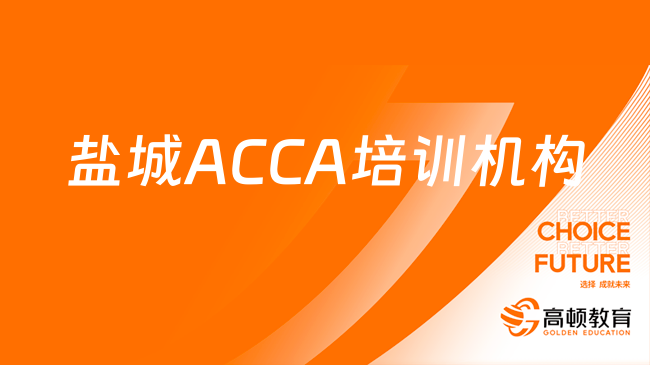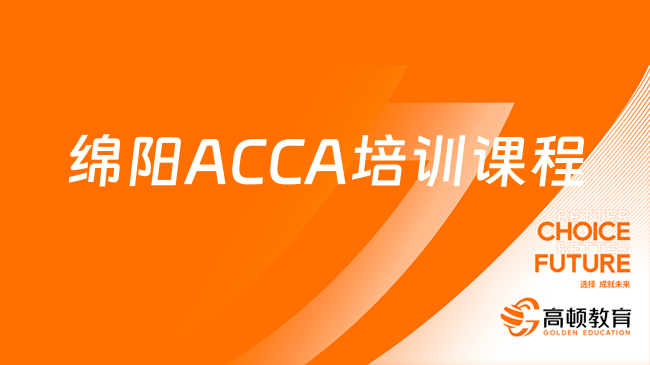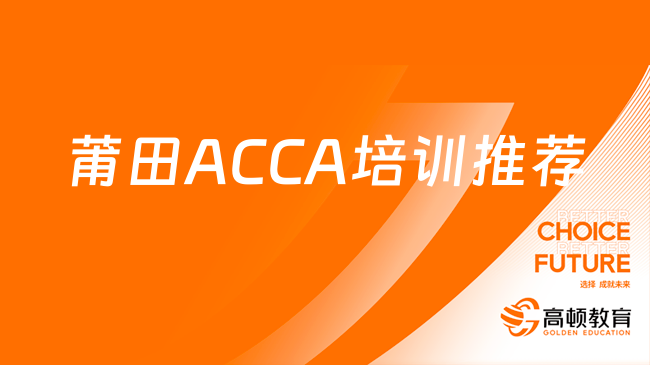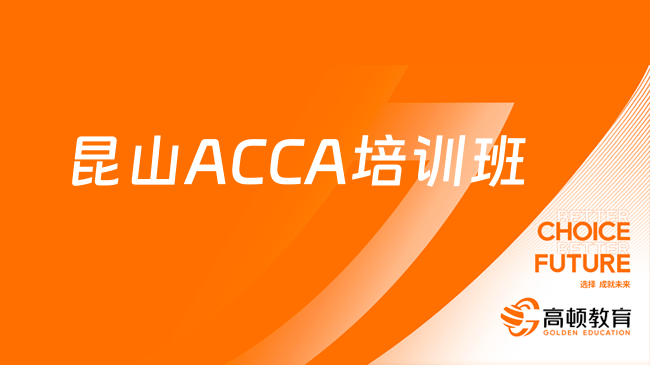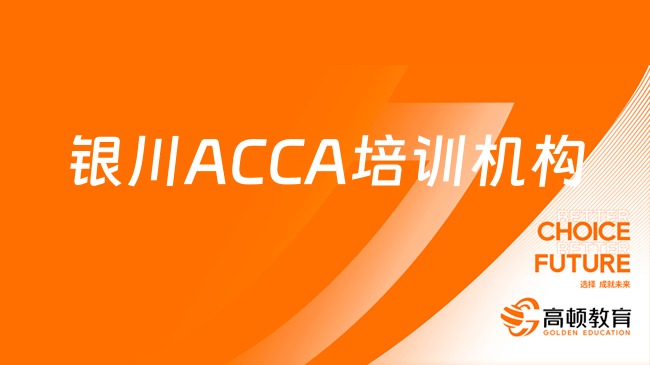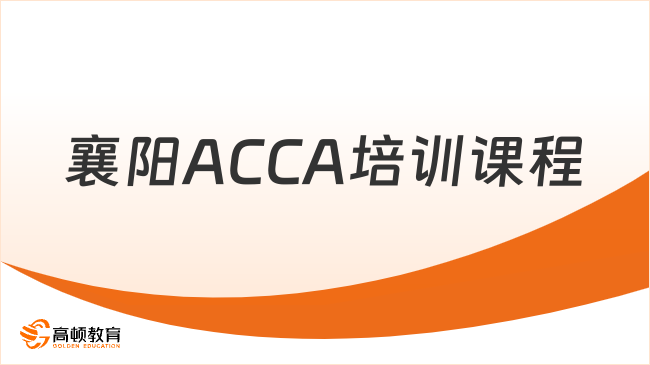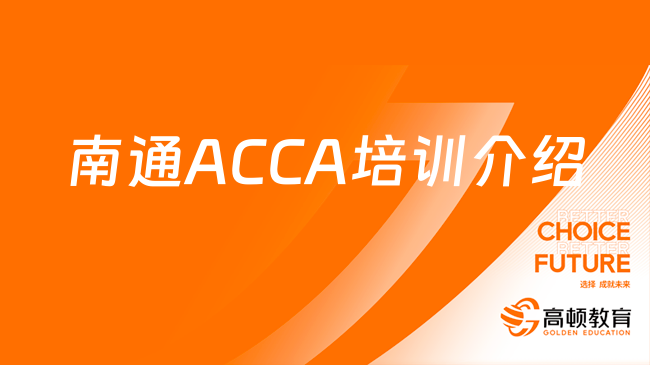2015年ACCA考试P1科目基础讲义15
来源:
高顿网校
2015-08-11
高顿网校小编为各位ACCA学员整理了P1科目讲义辅导,希望大家查漏补缺,对考试有所帮助。
3. Corporate governance: reporting and disclosure
3. Corporate governance: reporting and disclosure
3.1 Communication with shareholders
<1>General principles
a. The board has the responsibility to ensure a satisfactory dialogue with shareholders based on the mutual understanding of objectives
b. The board should communicate with investors and to encourage their participation
c. The chairman should discuss governance and strategy with major shareholders and ensure their views be communicated to the board
d. Non-executive directors should be offered the opportunity to attend meetings with major shareholders.
e. The senior independent director should attend sufficient meetings with a range of major shareholders to listen to their views in order to help develop a balanced understanding of the issues and concerns of major shareholders
<2>AGM (Annual General Meeting)
a. It must be held once every year
b. Various corporate actions may be presented and voted upon by shareholders or their proxies. These might include:
(a) Accepting the directors’ report and statement of accounts for the year
(b) Reappointment of directors and auditors
(c) Approval of directors’ and auditors’ remuneration
(d) Approval of final dividends
c. Recommendation of AGM (UK Hampel Report)
(a) Notice of AGM should be sent at least 20 working days before
(b) Business presentation and Q&A session at AGM
(c) Chair of key sub-committee be available to answer questions
(d) Shareholders vote separately
(e) Propose a resolution at the AGM relating to the report and accounts
(f) Emphasis the importance of institutional shareholders attending AGM
<3>EGM (Extraordinary General Meeting)
a. EGMs are usually called where an issue arises which requires the input of the entire membership and is too serious or urgent to wait until the next AGM.
b. These are irregularly held meetings arranged to approve special events such as acquisitions, takeovers issues, etc.
c. All general meetings, other than the AGM, are called EGMs.
<4>Proxy votes
a. Definition:
(a) A proxy is a person appointed by a shareholder to vote on behalf of that shareholder at company meetings
(b) Under most regimes, a member of a company who is entitled to attend and vote at a meeting of the company, has a statutory right to appoint an agent, called a proxy, to attend and vote for him.
b. Combined codes (2006)
(a) Shareholders could have the option to direct their proxy to vote either for or against the resolution or to withhold their vote
(b) The company should ensure that all valid proxy appointments received for general meetings are properly recorded and counted
(c) After a vote has been taken, company should ensure that the following information is given at the meeting and made available in the company’s website
(d) The number of shares in respect of which proxy appointments have been validly made
(e) The number of votes for or against the resolution or withheld by shareholders
3.2 Disclosure with shareholders
<1>General principles
a. Annual reports should convey a true and fair view of the organization. They should state whether the organization has complied with governance laws and regulations, and followed best practice to give specific disclosures about the board, internal control reviews, going concern status and relations with stakeholders.
b. Ensure that timely as accurate disclosure is made on all material matters regarding the corporation, including the financial situation, performance, ownership, and governance of the company.
<2>Specific requirement (combined code 2003)
a. A disclosure about the broad of directors, name of chairman, CEO, executive directors and independent NEDs, members of the nomination, audit and remuneration committee and any changes to them during the year
b. A description of the work of the remuneration committee, nomination committee and audit committee in discharging its responsibilities
c. An explanation from the directors of their responsibility for preparing the accounts and a statement by the auditors about their audit reporting responsibilities
d. Information about relations with auditors including reason for change and steps taken to ensure auditor objectivity and independence when non-auditor service have been provided
e. A report that the board has reviewed the effectiveness of the internal controls, including risk management (if no internal audit function, explain the reasons)
f. A statement from the directors that the business is going concern
g. The member of meetings of the board and those committees and individual directors attendance
h. A statement of how the board operates and the type of decision it takes
i. Performance management of the board, its committees and its directors
j. Sustainable reporting, including the nature and extent of social, transformation, ethical, safety, health and environmental management policies and practices
k. An operating and financial review (OFR) set out the directors’ analysis of the business, in order to provide to investors a historical and prospective analysis of the reporting entity through the eyes of management
<3>Mandatory and voluntary disclosure
a. Definition
(a) Mandatory disclosure: information which must be publicly disclosed to comply with laws and regulations
(b) Voluntary disclosure: disclosure above mandatory minimum
b. Examples of voluntary disclosure
(a) CEO’s report, social environment report, additional risk or segment data
c. The reasons for voluntary disclosure
(a) Accountability / attracts investment: shareholders and potential investors require access to regular, reliable and comparable information on sufficient detail for them to assess the stewardship of management, and make informed decisions about the valuation, ownership and voting of shares.
(b) Information asymmetry: good disclosure helps solve barriers of communication between directors and shareholders, reduce agency problems
(c) Stakeholders: disclosure helps improve public understanding and companies’ relationships with the communities in which they operate
(d) Marketing tool: disclosure gives the user assurance that the management is active and competent in terms of managing the operations of the organization.
d. The principles of voluntary disclosure
(a) Planned and transparent, and communicated to everyone
(b) Involve consultation within the business
(c) Take into account all relevant information
(d) Comprehensive, consistent and subject to review
高顿网校温馨提醒
各位考生,2015年ACCA备考已经开始,为了方便各位学员能更加系统地掌握考试大纲的重点知识,帮助大家充分备考,体验实战,高顿网校开通了全免费的ACCA题库(包括精题真题和全真模考系统),题库里附有详细的答案解析,学员可以通过多种题型加强练习。戳这里进入ACCA免费题库>>>
| ACCA网络课程 | 课程专业名称 | 讲师 | 试听 |
 85%的人正在学习该课程 85%的人正在学习该课程 | ACCA 全维度网课体验课程 实景课堂与独立录制 覆盖所有知识点,根据学习计划推进学习进度 | 高顿名师 |  |
 70%的人正在学习该课程 70%的人正在学习该课程 | ACCA网课全科卡(8.2折) 为零基础刚开始学习ACCA的学员特别定制 | 高顿名师 |  |
精彩推荐:
版权声明:本条内容自发布之日起,有效期为一个月。凡本网站注明“来源高顿教育”或“来源高顿网校”或“来源高顿”的所有作品,均为本网站合法拥有版权的作品,未经本网站授权,任何媒体、网站、个人不得转载、链接、转帖或以其他方式使用。
经本网站合法授权的,应在授权范围内使用,且使用时必须注明“来源高顿教育”或“来源高顿网校”或“来源高顿”,并不得对作品中出现的“高顿”字样进行删减、替换等。违反上述声明者,本网站将依法追究其法律责任。
本网站的部分资料转载自互联网,均尽力标明作者和出处。本网站转载的目的在于传递更多信息,并不意味着赞同其观点或证实其描述,本网站不对其真实性负责。
如您认为本网站刊载作品涉及版权等问题,请与本网站联系(邮箱fawu@gaodun.com,电话:021-31587497),本网站核实确认后会尽快予以处理。
点一下领资料
【整理版】ACCA各科目历年真题
真题高频考点,刷题全靠这份资料
下载合集
acca全科学习思维导图
梳理核心考点,一图看懂全部章节
下载合集
2023年acca考纲解析
覆盖科目重难点,备考按照计划走
下载合集
acca备考 热门问题解答
- acca考试怎么搭配科目?
-
建议优先选择相关联的科目进行搭配报考,这样可以提高备考效率,减轻备考压力,1、F1-F4:为随时机考科目,难度较低,这里可以自行随意选择考试顺序。2、F5-F9:如果你的工作的和财务会计或者审计有关、或者你比较擅长财务和审计的话,推荐先考F7和F8。你可以选择一起考ACCA考试科目F7和F8或者先考F7(8)再考F8(7),这就要取决你一次想考几门。3、P阶段:选修科目中,建议企业首选AFM!第二部分科目进行选择,如果AA和SBR掌握学生更好,可以通过选择AAA,如果SBL掌握的好,可以自己选择APM。
- acca一共几门几年考完?
-
acca一共有15门考试科目,其中有必修科目和选修科目,考生需要考完13门科目才能拿下证书。
- acca一年考几次?
-
acca一年有4次考试,分别是3月、6月、9月和12月,分季机考科目是采取的这类四个考季的模式,而随时机考则是没有这方面的时间规定限制,可以随报随考。
- acca的含金量如何?
-
ACCA证书的含金量是比较高的,从就业、能力提升、全球认可等角度来说,都是比较有优势的证书,其含金量主要表现在以下几个方面:1、国际化,认可度高;2、岗位多,就业前景好;3、缺口大,人才激励。
严选名师 全流程服务
其他人还搜了
热门推荐
-
盐城ACCA培训机构,高顿ACCA要不要报? 2023-07-04
-
绵阳ACCA培训课程,高顿ACCA值得报吗? 2023-07-04
-
莆田ACCA培训推荐,高顿ACCA要不要报? 2023-07-03
-
昆山ACCA培训班,高顿ACCA培训介绍? 2023-07-03
-
会计专业有哪些证书大学可以考?证书报考条件及获取指南一览! 2023-07-03
-
会计专业acca方向是学什么的? 2023-07-03
-
银川ACCA培训机构,高顿ACCA有哪些优势? 2023-07-03
-
襄阳ACCA培训课程,高顿ACCA值得报吗? 2023-07-03
-
南通ACCA培训介绍,高顿ACCA课程如何? 2023-07-03
-
鞍山ACCA培训推荐,高顿ACCA推荐吗? 2023-07-03
-
西宁ACCA培训推荐,高顿ACCA有哪些优势? 2023-06-26
-
江门ACCA培训机构,高顿ACCA好不好? 2023-06-26
-
赣州ACCA培训课程,高顿ACCA推荐吗? 2023-06-26
-
廊坊ACCA培训班,高顿ACCA值得报名吗? 2023-06-25
-
大同ACCA培训介绍,高顿ACCA课程如何? 2023-06-25
-
大同ACCA培训介绍,高顿ACCA课程如何? 2023-06-25
-
保定ACCA培训推荐,高顿ACCA培训介绍? 2023-06-25
-
珠海ACCA培训推荐,高顿ACCA要不要报? 2023-06-25
-
邯郸ACCA培训介绍,高顿ACCA怎么样? 2023-06-25
-
包头ACCA培训课程,高顿ACCA课程如何? 2023-06-25
-
烟台ACCA培训推荐,高顿ACCA课程怎么样? 2023-06-25
-
洛阳ACCA培训班,高顿ACCA值得报名吗? 2023-06-25
-
徐州ACCA培训推荐,高顿ACCA怎么样? 2023-06-21
-
唐山ACCA培训介绍,高顿ACCA要不要报? 2023-06-21
-
绍兴ACCA培训课程,高顿ACCA推荐吗? 2023-06-21
-
柳州ACCA培训班,高顿ACCA好不好? 2023-06-21
-
呼和浩特ACCA培训机构,高顿ACCA培训介绍? 2023-06-21
-
海口ACCA培训推荐,高顿ACCA怎么样? 2023-06-21
-
温州ACCA培训课程,高顿ACCA怎么样? 2023-06-21
-
淄博ACCA培训机构,高顿ACCA好不好? 2023-06-21
 更多服务
更多服务






